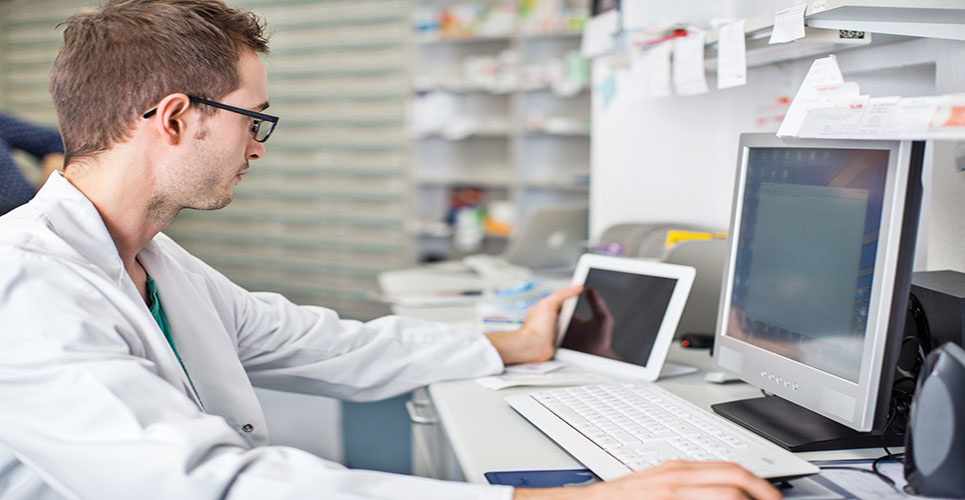teaser
Brian Edwards
CBE
Emeritus Professor of Healthcare Development
University of Sheffield
Former President
HOPE (European Hospital and Healthcare Federation)
Brussels, Belgium
The European Commission is very enthusiastic about internet-based commerce. Perhaps this explains its nervousness about internet pharmacies, which are difficult to regulate and are a route for much of the world’s counterfeit drugs to enter the supply chain. The Commission has been actively seeking a solution to this problem for some time and the matter is a regular subject for comment in the European Parliament.
Internet pharmacies are not illegal in most countries of the EU – provided they comply with regulatory standards. For the patient they offer convenience and low prices. Internet sales are legally restricted to non-prescription medicines in Belgium, Spain, Hungary, Poland and the Czech Republic. While in Germany, the Netherlands’, Denmark and the UK the sale of prescription medicines is permitted, but subject to a series of safeguards.
However in all countries patients can readily access sites of suppliers who have no professional qualifications or healthcare expertise. Many of these sites will offer prescription only medicines without a valid prescription. The volumes within Europe are low at perhaps 1% of total sales but are thought to be increasing. In Africa and Eastern Europe the numbers increase sharply to between 20% and 30%. The total value of this trade has been estimated at US$75 billion worldwide. The range of drugs available is now very wide indeed – including expensive lifestyle and anti-cancer medicines, antibiotics, medicines for hypertension and cholesterol lowering drugs, hormones, steroids and inexpensive generic versions of simple painkillers and anti-histamines.
In Niger in 2005, 50,000 people were inoculated with fake meningitis vaccines resulting in 2,500 deaths. In 2006, fake Tamiflu was identified in the Netherlands, which had no active substance. Five thousand packets of counterfeit Tamiflu was also seized in the United Kingdom – estimated to be worth £500,000 – as well as fake Viagra worth upto £3m. The Royal Pharmaceutical Society in Great Britain estimated that 2.25m people buy drugs online. Pfizer claimed that 350,000 websites worldwide sold fake Viagra in 2004.
It is down to individual countries in Europe to address the problem, and the EU response has been fragmented, the principal action focused on collaboration between customs authorities, which is a bit like locking the stable door after the horse has bolted.
Authorised internet pharmacies are allowed to display a logo verified by the EU. However, faking a logo is not going to present an insurmountable problem for many of the highly skilled illegal operators whose online outfits are seriously damaging the reputation of the whole internet based industry.
Another challenge has now arisen in the form of unregulated online fertility clinics – selling sperm over the internet. Two online sperm brokers in the UK were convicted of a criminal offence in September 2010.
However decisive, efforts to regulate internet commerce cannot be successfully undertaken by individual countries. The problem demands an international response. The World Health Organization could be a sensible focus for action and has a working party considering strategies, but it remains weak and starved of resources. We may have to wait for a major international incident to stimulate action.
Resources
For an excellent review of this subject see Internet pharmacies; Global threat requires a global approach to regulation. Carlisle Geaorge. Hertfordshire Law journal 4[1].ISSN 1479–4195.

